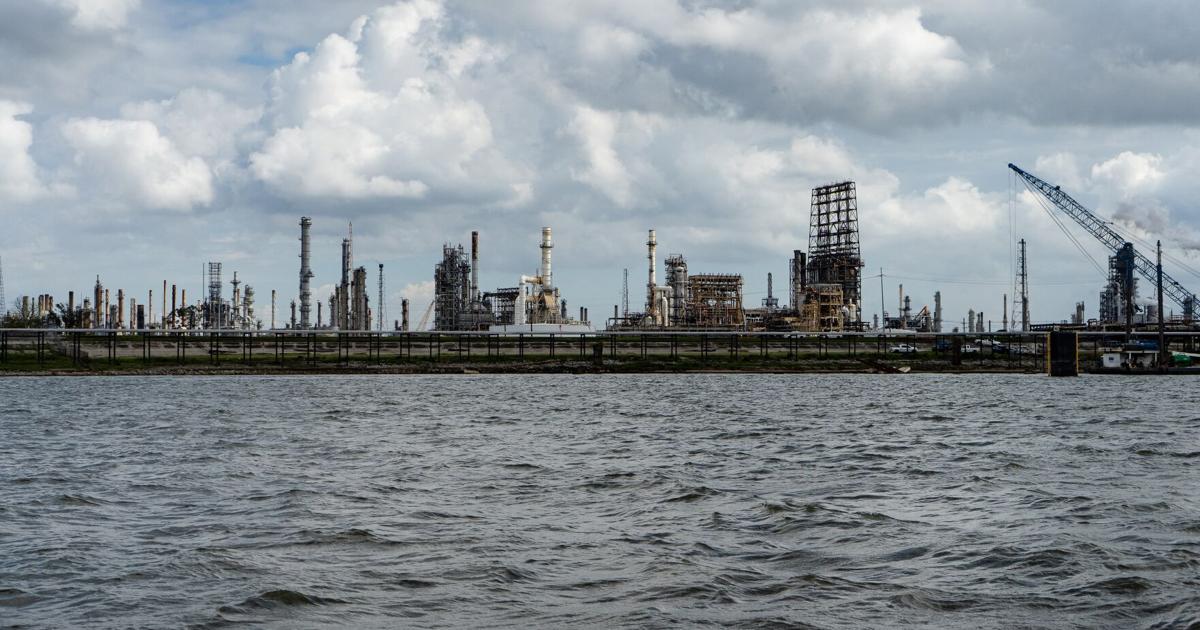In Louisiana and across the country, carbon capture, utilization, and storage is emerging as a critical tool to preserve American energy leadership and grow our economy — all while reducing emissions. Yet misinformation campaigns continue to spread fear about this important technology, particularly on the topics of safety and landowner rights. Let’s set the record straight.
First, carbon capture is not only safe — it’s proven. CO2 pipelines have been operating in the United States since 1972 with zero fatalities in over 50 years of use.
Today, there are over 5,000 miles of CO2 pipelines transporting approximately 80 million metric tons of CO2 per year. These pipelines are regulated, monitored, and managed under strict safety standards, and the CO2 itself is non-flammable and stored safely thousands of feet underground in natural rock formations — many of the same geologic structures that have held oil and gas for millions of years.
Second, let’s address questions on property rights. In Louisiana, CCUS projects must undergo a public hearing process and secure a Certificate of Public Convenience and Necessity before any construction can proceed. In the rare cases when agreements with landowners cannot be reached voluntarily, the legal process ensures that any easement is limited, fair, and in the public interest.
Property owners are paid fair compensation, retain surface rights, and can continue to farm or use their land as long as it doesn’t interfere with pipeline operations.
Furthermore, most CCUS projects are achieved through willing partnerships. Operators have signed thousands of carbon storage agreements across the Gulf South, with landowners earning long-term income for the use of their underground pore space. That’s private property working for private citizens and the public good — a win-win for conservative values.
These projects don’t just benefit landowners. They create good-paying jobs, generate local tax revenue, and keep Louisiana’s core industries—like steel, chemicals, and refining — competitive in global markets that are increasingly demanding low-carbon products.
President Donald Trump understands this. On Earth Day, his administration reaffirmed carbon capture as a key pillar of his America First energy strategy, making clear that carbon capture, utilization and storage is a crucial part of our energy agenda.
Unlike policies that destroy jobs and outsource production, smart policies that support this proven technology keep America working, building, and leading in energy innovation.
Trump’s support reflects what most conservatives already believe: that we can grow the economy and strengthen American industry by adapting to global market demands for low-carbon products — without sacrificing jobs, prosperity, or freedom.
In fact, a recent report highlighted by the Southern States Energy Board outlines how the 45Q tax credit is helping make carbon capture economically viable — supporting U.S. energy security, enabling continued use of domestic fuels, and encouraging the production of lower-carbon products that today’s markets increasingly demand.
Unfortunately, those who lack a proper understanding of CCUS technologies work to eliminate the very tools that make these projects possible — tools that have long supported infrastructure like highways, power lines, and oil and gas pipelines.
Removing these options would send a clear message: Louisiana is closed for business. That’s not the message we want to send to investors, innovators, or the next generation of Louisiana workers.
More than $23 billion in carbon capture investments have been announced in Louisiana, signaling the state’s growing leadership in low-carbon energy development. CCUS is not just a technical add-on — it’s foundational to making these investments a reality.
We need to stop treating carbon capture as a political football and start treating it like the commonsense energy solution it is. It respects private property, leverages American ingenuity, and delivers real environmental and economic benefits.
That’s what conservatives stand for — and that’s why we proudly support CCUS.
Will Hardy is the director of Conservatives for Clean Energy Louisiana
